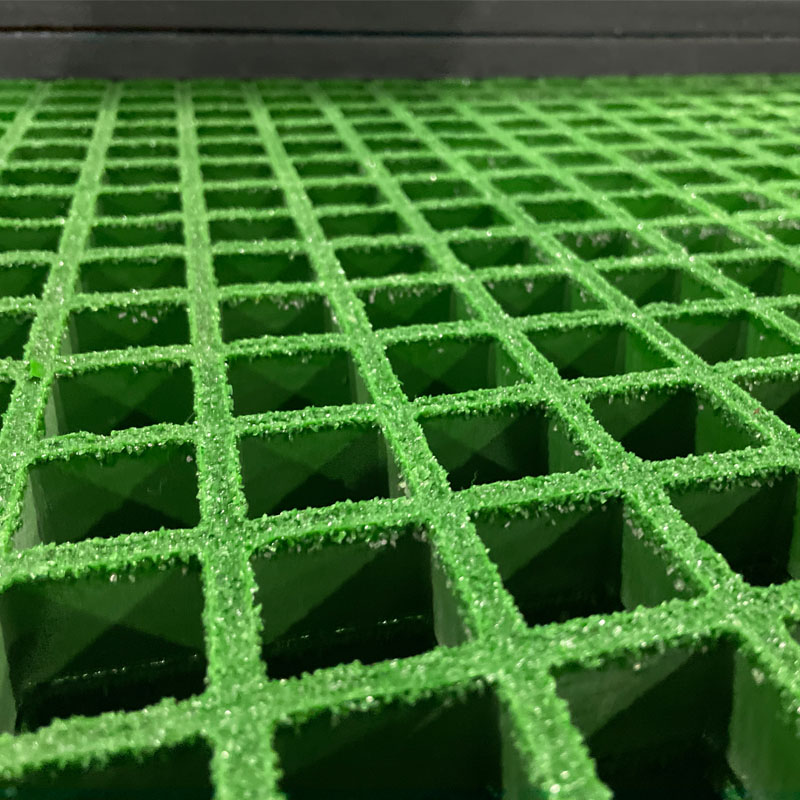loading...
- No. 9, Xingyuan South Street, Dongwaihuan Road, Zaoqiang County, Hengshui, Hebei, China
- admin@zjcomposites.com
- +86 15097380338
- Welcome to visit our website!
industrial water treatment equipment
Industrial Water Treatment Equipment Ensuring Sustainable Water Practices
In today’s industrial landscape, the significance of water treatment cannot be overstated. Industries across the globe face increasing pressure to manage water resources efficiently while adhering to stringent environmental regulations. Industrial water treatment equipment plays a pivotal role in this endeavor, enabling organizations to purify and recycle water, reduce waste, and promote sustainable practices.
Industrial water treatment encompasses a variety of processes that facilitate the removal of contaminants from water, making it safe for reuse or discharge. The primary equipment used in these processes includes filtration systems, reverse osmosis units, chemical treatment tanks, and ultraviolet (UV) disinfection systems, among others. Each piece of equipment serves a unique purpose, contributing to the overall efficacy of water treatment operations.
Filtration systems are among the most commonly used equipment in industrial water treatment. They operate by passing water through various media to remove suspended solids, sediments, and larger particles. For industries like manufacturing, which often produce a substantial amount of wastewater loaded with particulates, filtration is crucial. Several types of filters are employed, including cartridge filters, sand filters, and membrane filters, each chosen based on the specific contaminants present.
Reverse osmosis (RO) systems are another critical component of industrial water treatment. This technique uses semi-permeable membranes to separate contaminants from water, allowing only pure water to pass through. RO is particularly effective for demineralizing water and removing dissolved salts, making it an invaluable technology for industries requiring high-purity water, such as pharmaceuticals and electronics. As global water scarcity intensifies, the demand for RO systems is expected to rise, making it an essential investment for businesses aiming to enhance their water management strategies.
industrial water treatment equipment

Chemical treatment processes involve the addition of specific chemicals to facilitate the removal of contaminants. Coagulation and flocculation, for instance, help aggregate small particles into larger clumps, making them easier to filter out. Industrial facilities often require customized chemical treatment solutions tailored to their unique effluent profiles. It is crucial for companies to work with water treatment experts to develop an effective chemical dosing strategy that minimizes environmental impact while achieving regulatory compliance.
Another innovative technology gaining traction in the field of industrial water treatment is UV disinfection. This method leverages ultraviolet light to eliminate pathogens and microorganisms from water without the need for hazardous chemicals. With its growing importance in maintaining water quality, UV disinfection systems are an attractive option for industries committed to sustainability. They not only reduce the risk of waterborne diseases but also align with eco-friendly practices by minimizing chemical usage.
Water recycling and reuse are integral to sustainable water management practices. By treating and reusing wastewater, industries can significantly reduce their freshwater intake and mitigate the environmental effects of water discharge. Industrial water treatment equipment facilitates this process, allowing organizations to turn waste into a valuable resource. For example, treated wastewater can be repurposed for cooling processes, irrigation, or even as feedwater for boilers, thereby maximizing resource efficiency.
As industries increasingly recognize the importance of sustainable practices, investments in modern industrial water treatment equipment are expected to grow. Moreover, advancing technologies such as smart monitoring systems and automation are set to enhance the efficiency and effectiveness of water treatment processes, providing businesses with real-time data to optimize their operations and ensure compliance with environmental regulations.
In conclusion, industrial water treatment equipment is essential for facilitating sustainable water management in today’s industrial environment. By implementing advanced treatment solutions, industries can effectively manage their water resources, reduce environmental impact, and contribute to a more sustainable future. As the demand for clean water continues to rise, investing in efficient water treatment technologies will be crucial for industries aiming to thrive in an increasingly eco-conscious world.
-
GRP Structures: The Future of Lightweight, High-Performance EngineeringNewsJun.20,2025
-
FRP Water Tank: High-Performance Storage for Corrosive and Clean Water SystemsNewsJun.20,2025
-
FRP Square Tube: The New Industry Standard for Chemical and Structural ApplicationsNewsJun.20,2025
-
FRP Pultruded Profiles: The Ultimate Choice for Lightweight Structural StrengthNewsJun.20,2025
-
FRP Handrails: The Safer, Smarter, and Stronger Choice for Modern InfrastructureNewsJun.20,2025
-
FRP Grating: The Smart Solution for Durable, Lightweight Industrial FlooringNewsJun.20,2025
-
Why Choose a Galvanized Water Tank for Your Storage NeedsNewsMay.21,2025
